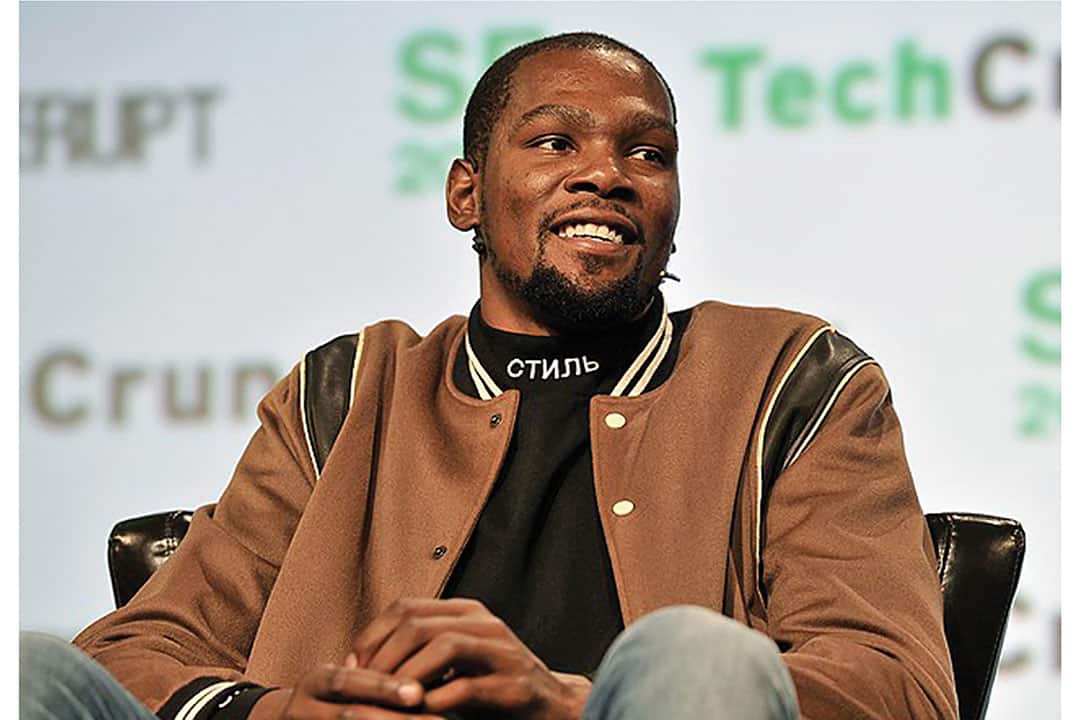On June 30, Kevin Durant sent shockwaves throughout the NBA when he requested a trade from the Brooklyn Nets. It was jarring — yet another star basketball player was requesting a trade.
Trade requests are not a new phenomenon in the NBA. In 1975, Kareem Abdul-Jabbar forced a trade from the Milwaukee Bucks to the Los Angeles Lakers. Older Toronto Raptors fans will remember the drama that surrounded the departure of Vince Carter in 2004.
Despite this empowerment, there have always been limits on the power players have had. When players sign a contract, they are expected to remain loyal to it. This new era of player empowerment arguably began in 2010 when basketball players Lebron James and Chris Bosh both hit free agency and decided to join Dwyane Wade in Miami.
All three players had been top-five draft picks in 2003, had represented America at the 2006 FIBA World Championships and 2008 Beijing Olympics, and had all signed rookie extensions that made them hit free agency in the 2010 offseason. The team up was no coincidence. The players flexed their free agency power to get deals that were favourable for them and would allow them to team up together in 2010.
Since 2010, trade requests have become much more common. Anthony Davis, Paul George, and Jimmy Butler are a few players who have demanded trades in recent years. Raptors fans will never forget how Kawhi Leonard forced his way out of the San Antonio Spurs in 2019.
The most notable of recent trade requests happened last offseason with Ben Simmons and the Philadelphia 76ers. Simmons sat out of training camp, refused to talk to coaches or teammates, and piled up fines as he demanded a trade. The Brooklyn Nets finally traded Simmons on the trade deadline for a similarly discontented James Harden — who had only just forced a trade to Brooklyn a year prior.
And now there’s Kevin Durant requesting a trade, just one season removed from signing a four-year contract extension. The mentality about staying loyal to contracts is shifting.
As an athlete, this shift is undoubtedly encouraging. Damian Lillard might tell you about the importance of loyalty, but most athletes want one thing — to win. Sometimes teams aren’t performing well, but with more power players, these teams can force their way into the winner’s circle.
As a fan, keeping an eye on the trade market is exciting because trade requests provide entertainment and drama. It’s fun watching and speculating about where Simmons or Durant would be traded to. Player empowerment thus provides an avenue through which fans could easily engage with each other during the offseason.
However, while some, like myself, may be excited by Kevin Durant requesting a trade, Nets fans were probably devastated. What if Scottie Barnes, Pascal Siakam, or Fred VanVleet demanded a trade? I imagine I would be devastated, like how older Raptors fans felt and still feel toward Vince Carter. Being a fan isn’t as enjoyable when you’re constantly worrying about whether your star player may request a trade.
For smaller franchises, like the Indiana Pacers or the Utah Jazz, player empowerment can also be a threat. After all, which player will play in Indiana when they can play in Los Angeles? The better players in the NBA won’t be as dispersed across teams if players can ignore their contract and demand a trade on a whim.
Thus, overall, player empowerment isn’t all good — and it seems like the league is realizing that they need to act. When asked about Durant’s trade request, NBA Commissioner Adam Silver explained, “We don’t like to see players requesting trades, and we don’t like to see it playing out the way it is.”
After Silver has stated that the topic of empowerment and its limitations will be discussed, the NBA and the National Basketball Players Association will have a collective bargaining agreement that can be revisited after the 2022–23 season. However, Durant’s request for a trade that was rescinded on August 24 might hint that the limitations have already been set.
If the Simmons-Harden drama was the peak of the player empowerment era, then Durant’s failed trade request and Silver’s clear-cut beliefs regarding the issue are the beginning of its decline.


